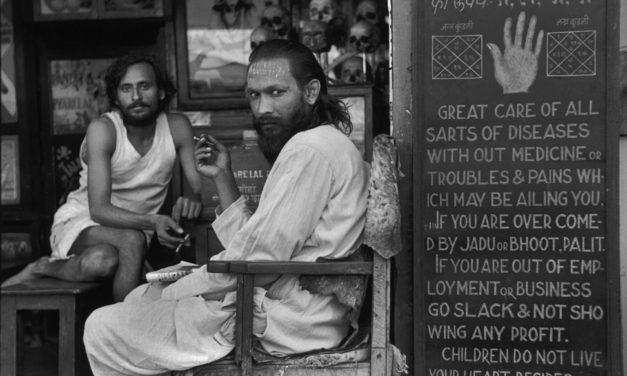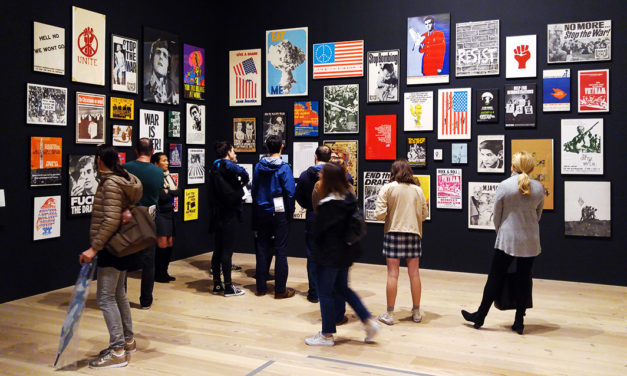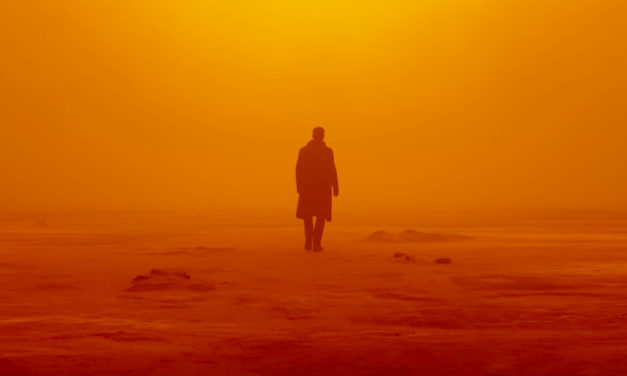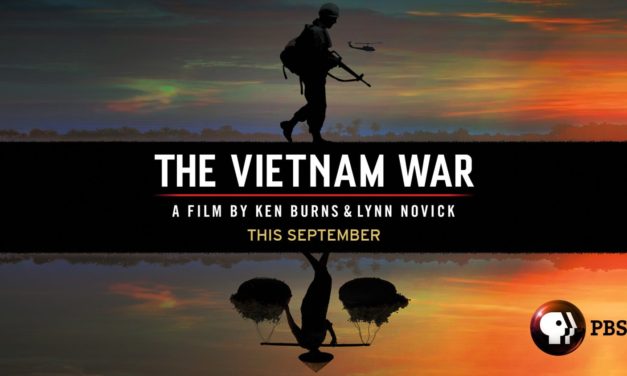Henri Cartier-Bresson: India in Full Frame
If there is anything human to remember of the 20th century when its last survivors have finally died, it will likely be remembered through the frame of Henri Cartier-Bresson’s viewfinder. Armed with a 35mm Leica camera and an unerring eye, Cartier-Bresson sought to capture the “decisive moment” of history and humanity, from a Gestapo informer exposed at the Dessau DP camp in 1945 to a couple leaning into a kiss at a Paris sidewalk café. Cartier-Bresson’s photography framed the 20th century with expansive depth of field, capturing the historic and the intimate in the sharpest possible focus. His great...
Read More




